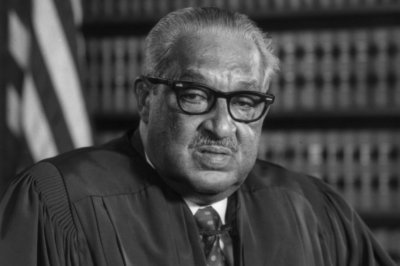Topic: Ferdinand Foch
Ferdinand Foch (pronounced "Fosh") OM GCB (2 October 1851 – 20 March 1929) was a French soldier, military theorist, and writer credited with possessing "the most original and subtle mind in the French army" in the early 20th century. He served as general in the French army during World War I and was made Marshal of France in its final year: 1918. Shortly after the start of the Spring Offensive, Germany's final attempt to win the war, Foch was chosen as supreme commander of the Allied armies, a position that he held until 11 November 1918, when he accepted the German request for an armistice.
He advocated peace terms that would make Germany unable to pose a threat to France ever again. His words after the Treaty of Versailles, "This is not a peace. It is an armistice for twenty years" would prove exactly prophetic; World War II started almost twenty years later.
Foch was born in Tarbes, Hautes-Pyrénées as the son of a civil servant from Comminges. He attended school in Tarbes, Rodez, and the Jesuit College in St. Etienne. His brother was later a Jesuit and this may initially have hindered Foch's rise through the ranks of the French Army (since the Republican government of France was anti-clerical).
It uses material from the Wikipedia article "Ferdinand Foch."






